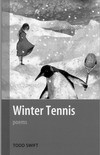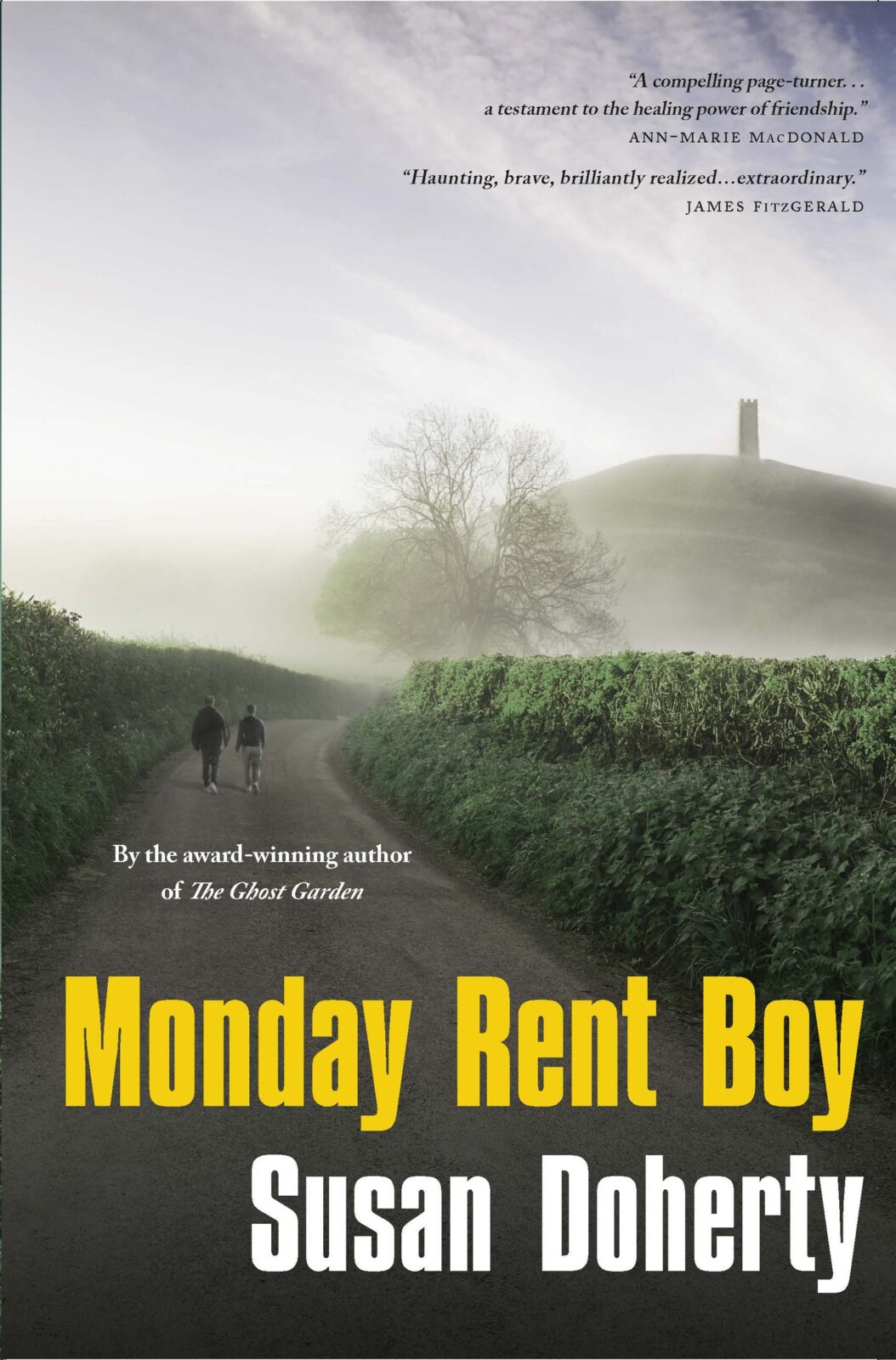
Winter Tennis
Todd Swift
DC Books
$16.95
paper
88pp
978-1-897190-29-6
It is hard, at first, to tell where the real poet begins. The wordplay is sometimes too clever by half: “The problem with problems / is the meaning of moaning: Being and Boeing, the cat and the whip.” Swift’s lines about language and the writing life can be undergraduate in their self-consciousness: “Language / that strange badge of honour…sips Bombay gin,” “When will poets get over words?,” “Writing passes. In the street it tips its hat.” Other dorm-room touches include an excess of references to famous poets and cultural figures. Auden, Bernstein, Milton, MacNeice, Cohen, Carlos Williams, and G.W. Pabst all make appearances, and Auden and Bernstein have entire poems built around them. Even the title of the collection is a quote from Beckett. All of this gives the work, at times, a shallow and derivative quality.
Yet alongside these affectations is a genuine concern about the power and purpose of the writing life. Writing, Swift notes, “can only tell / what you know…how you starve or bless the beautiful.” Swift can be compelling when he writes simply, relying on his own experiences and ideas. In “The Last Blizzard,” he is able to capture the nostalgia for a whole way of life in a single image: “We stopped to watch / a white deer standing / in a white field, not moving.” Recalling a past love, the poet notes that “it promised good eternal things / not just experiences / that felt eternal as they passed.” These lines are neither clever nor erudite, but they strike a universal chord.
Upon a close second reading, one detects a single fundamental winter pervading the book like the faintest perfume: a state of sincere spiritual bewilderment, perhaps doubt. “Woman at the Station” likens the poet’s relation to God to that of a woman bidding goodbye to her soldier lover: “to be a monk is not more or less than such as her…” In “Emperor,” Swift poignantly evokes a powerless Hirohito, who realizes that:
each way we mourn or find a motion
is determined by a higher instrumentality;…
our bodies are examined by light’s calipers, then
let drop, as if caught for momentary pleasure,
into the sea…
Yet this preoccupation with the finiteness of human existence remains muted. It is undermined by the tone and posturing of other pieces, so that “Woman at the Station” startles the reader with its references to God. Furthermore, the poet reveals but does not elaborate on his own vaguely religious melancholy: “All is memory / that once was rushing full aflame.” Still other wintry motifs, which are merely distracting, might have been deepened and linked to the recurring theme of the eternal. Why, for instance, does the poet abruptly observe at the end of “I Empty My Wallet” that “someone should” pray for us “at every little station”?
We can only guess. The voice which might have knit these elements together into a powerful whole seems, as yet, to lack confidence in what it is attempting to say. This winter could yield a fine harvest, should the poet choose to tell us more. mRb






0 Comments